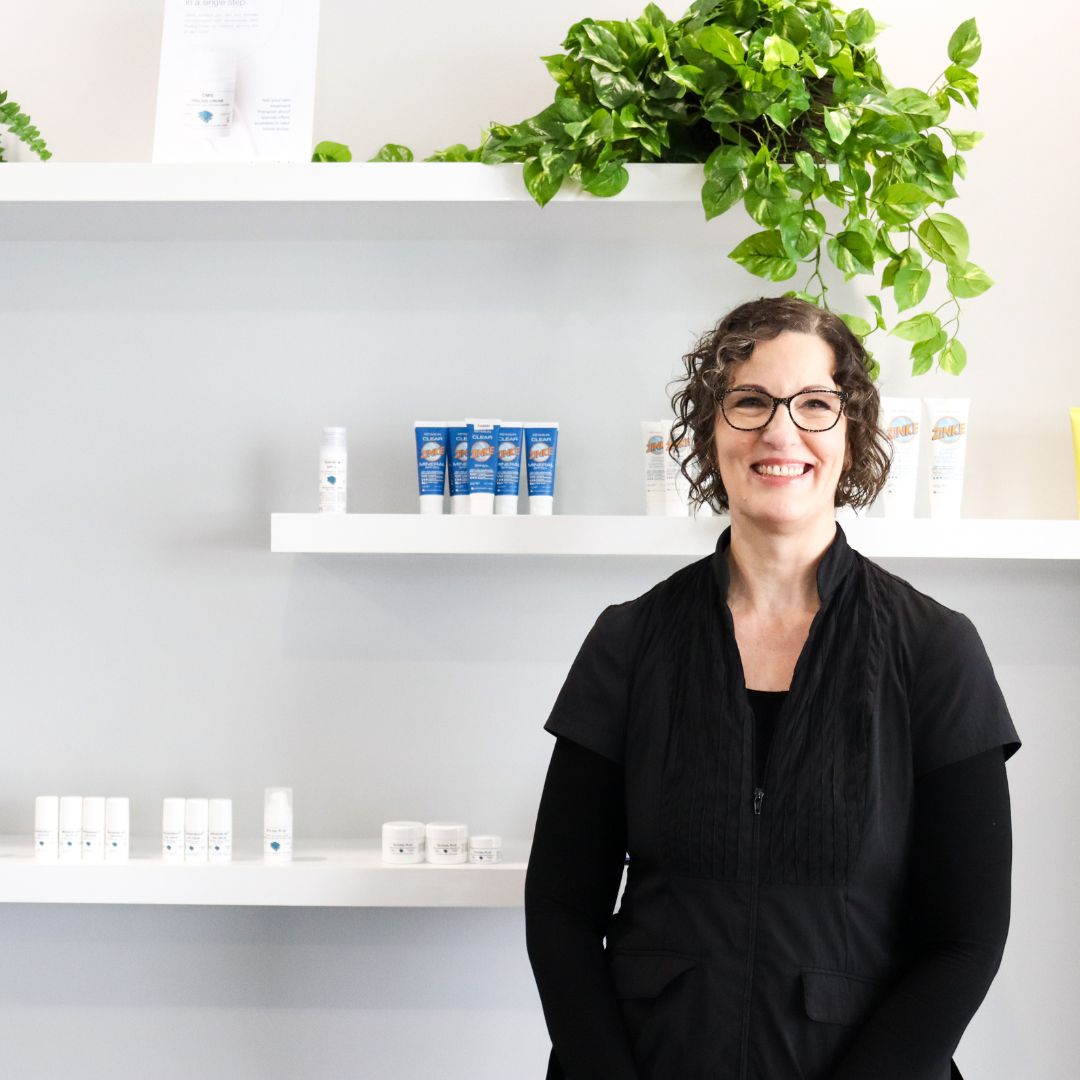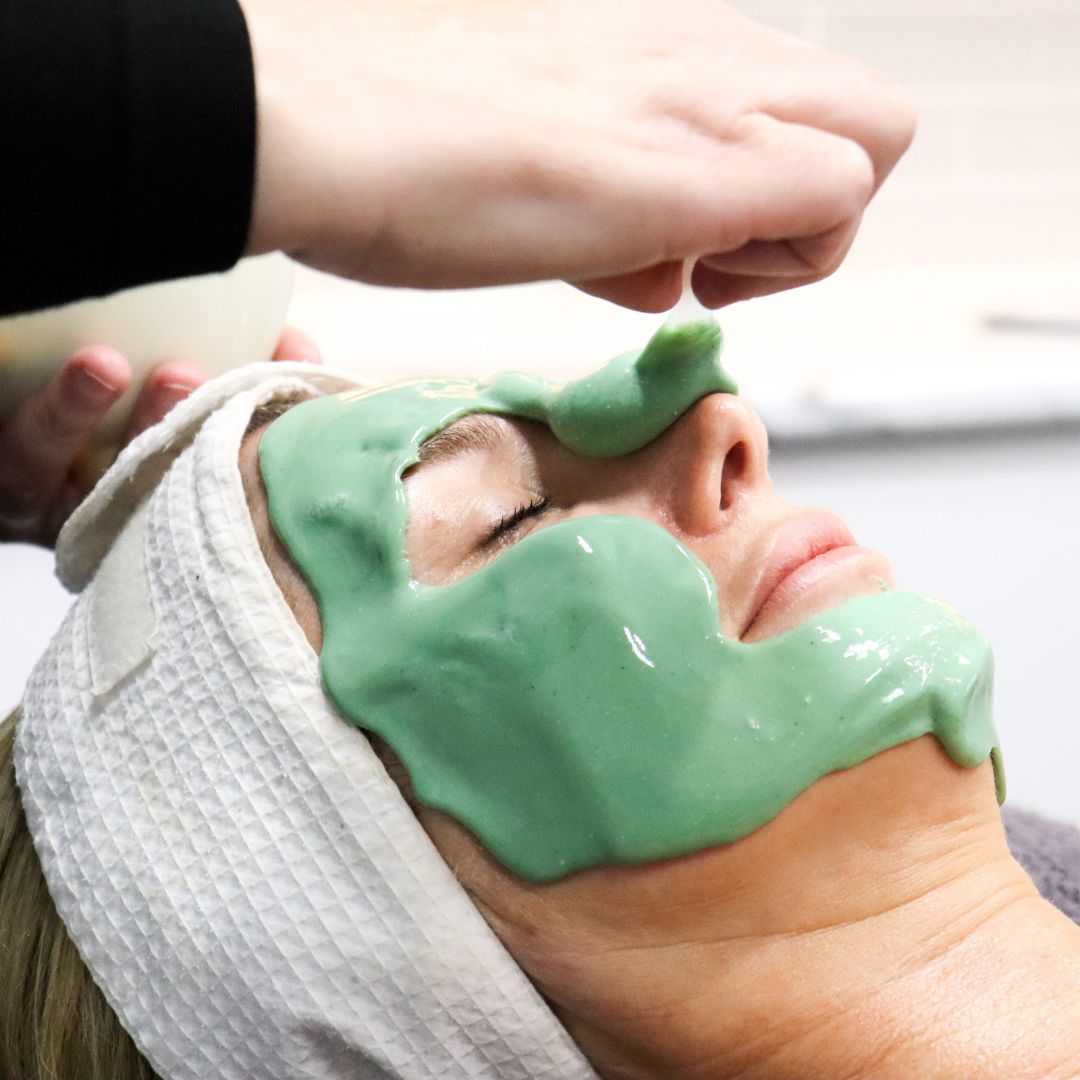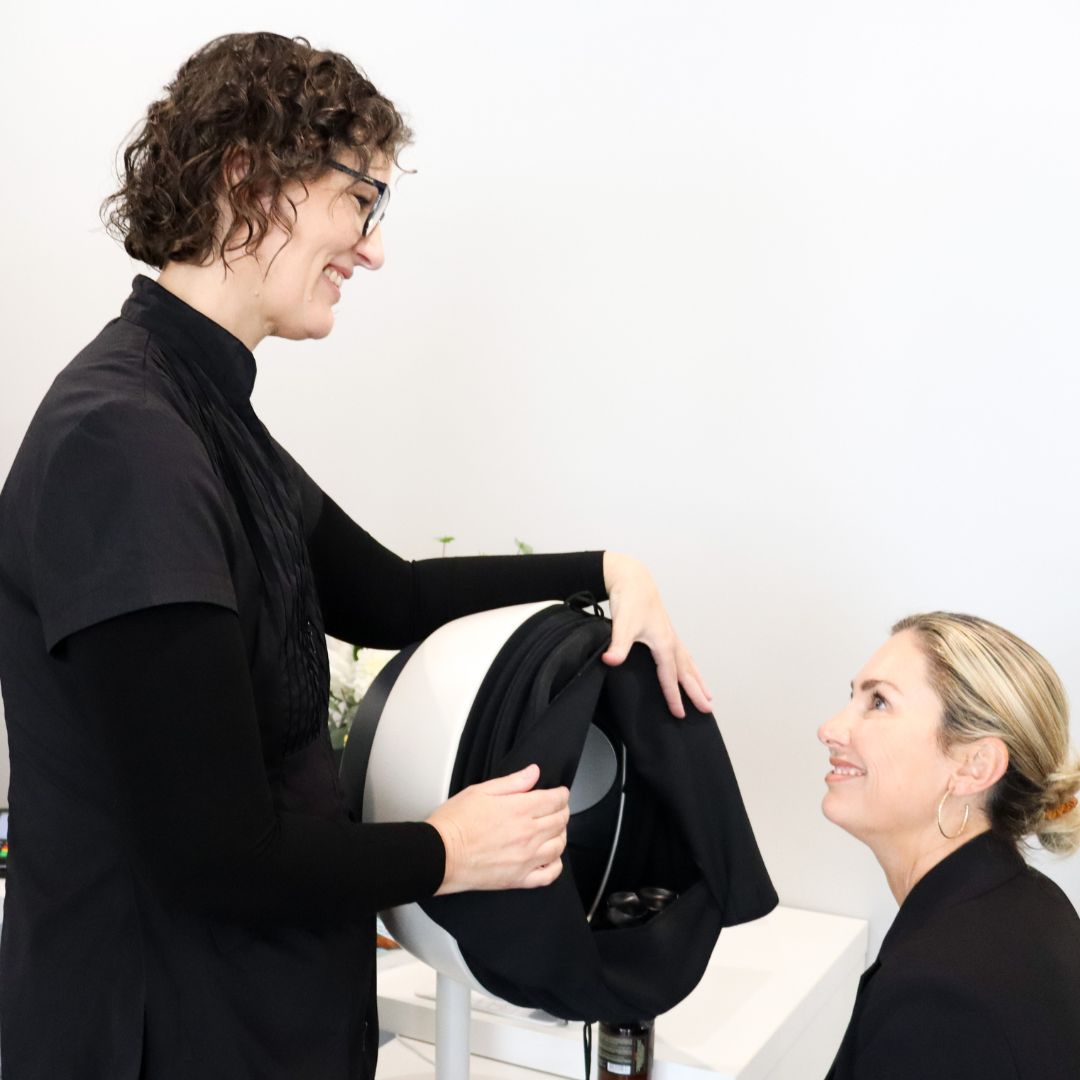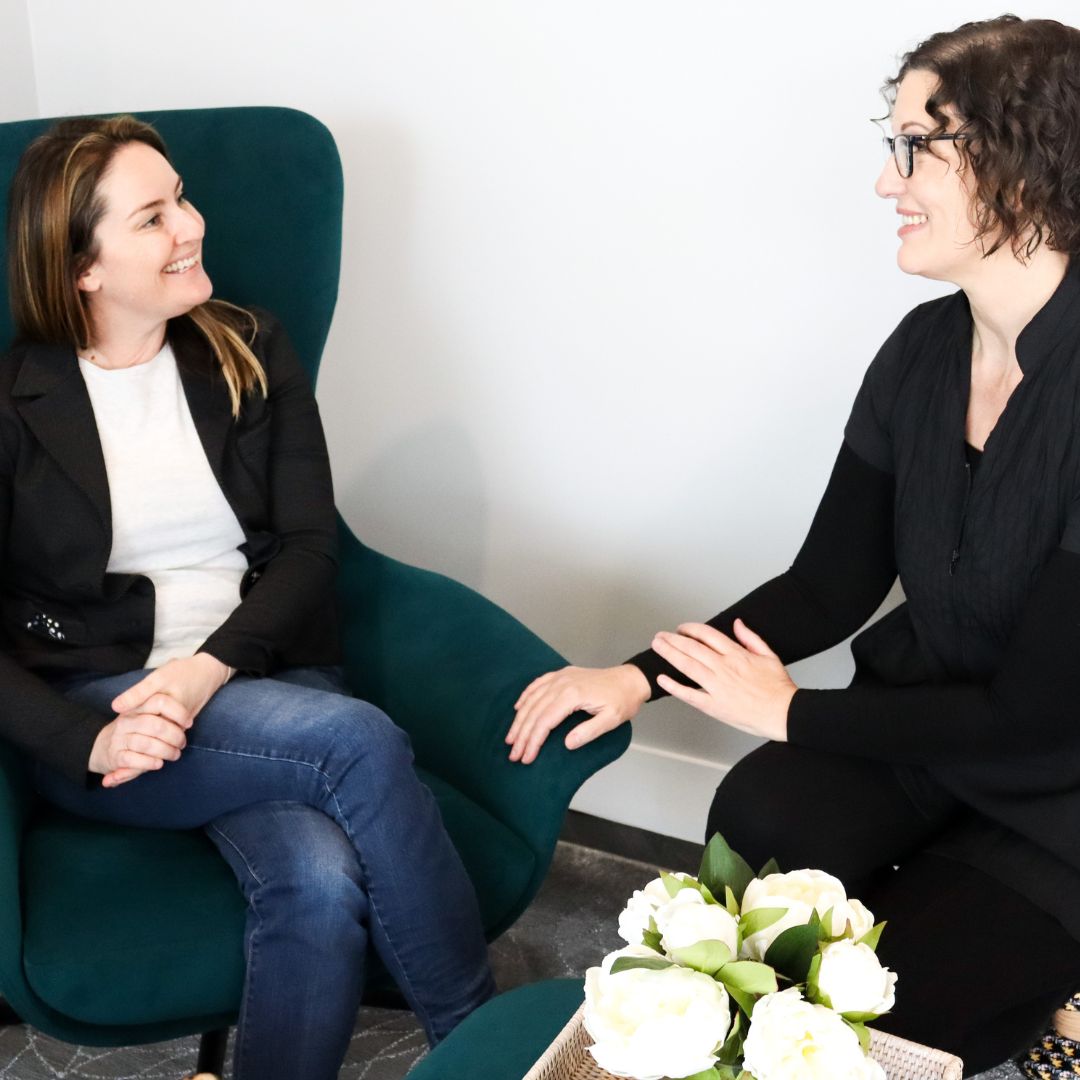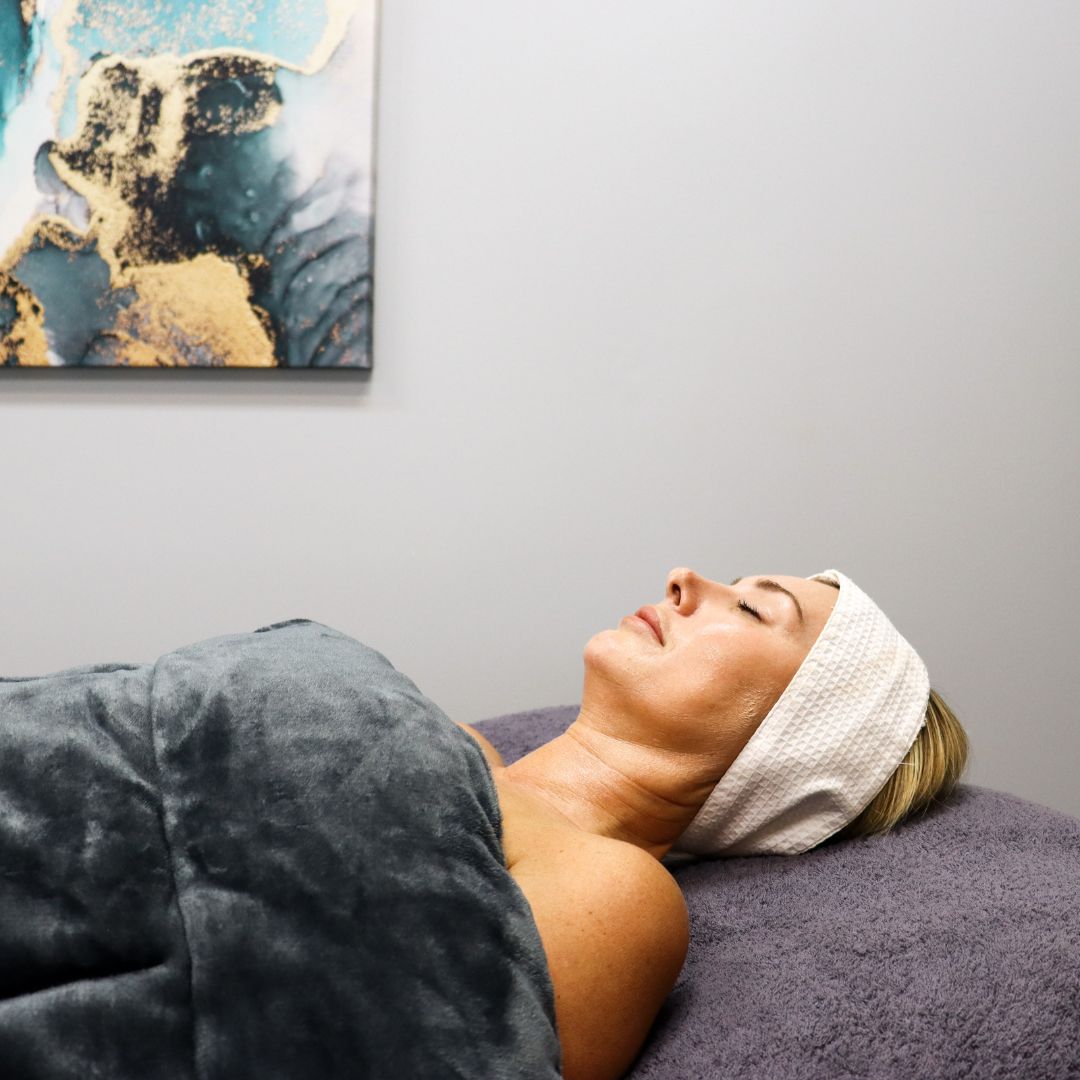Oncology Aestheticians
Specialising in problematic skin conditions.
Oncology Aestheticians.
Oncology aestheticians, also known as oncology skin support therapists, are certified skincare professionals who specialise in providing safe and supportive skin & skincare services to cancer patients. They possess the training and expertise required to cater to the distinctive skincare requirements and issues that may arise for individuals undergoing cancer treatment, both during and after the process. Here’s more information about their role and the services they offer:
1. Specialised Training: Oncology aestheticians undergo specialised training and certification in oncology aesthetics. This training equips them with the knowledge and skills to understand the various cancer treatments, their potential side effects on the skin, and the importance of working within the medical framework of a patient’s treatment plan.
2. Collaborative Approach: Oncology aestheticians work collaboratively with oncologists, nurses, and other healthcare providers (where possible) to ensure skincare services are safe and complementary to the patient’s overall treatment plan. They consult with the medical team to understand the patient’s health status, treatment protocols, and any contraindications.
3. Addressing Side Effects: Cancer treatments like chemotherapy and radiation therapy can have adverse effects on the skin, including dryness, sensitivity, and radiation burns. Oncology aestheticians use gentle, non-irritating skincare products and techniques to alleviate these side effects and provide relief to patients.
4. Customised Skincare: They create personalised skincare regimens tailored to each patient’s specific needs and skin type. These regimens often focus on hydration, soothing, and protecting the skin from further damage.
6. Emotional Support: Oncology aestheticians often serve as a source of emotional support for patients. They listen to their concerns, provide reassurance, and offer a sense of normalcy and self-esteem through their services, helping patients feel more confident and comfortable with their appearance during treatment.
7. Scar Management: For patients who undergo surgery as part of their cancer treatment, oncology aestheticians may offer scar management techniques to minimise the appearance of surgical scars.
8. Safe and Gentle Treatments: They use skincare products and treatments that are free from harsh chemicals, fragrances, and other ingredients that could potentially irritate sensitive skin or interact negatively with cancer treatments.
9. Education: Part of their role is to educate patients about proper skincare practices during and after cancer treatment. They provide guidance on maintaining healthy skin, which can be especially important as patients transition to survivorship.
10. Certification and Professional Organisations: Oncology aestheticians may seek certification from organisations like Oncology Training International (OTI) to demonstrate their expertise in this specialised field.
Treatments And Support.
Overall, the primary goal of oncology aestheticians is to enhance the well-being and quality of life of cancer patients by addressing their unique skincare needs and providing a supportive and safe environment for skincare and beauty services. Their role is an essential part of the comprehensive care provided to cancer patients.

